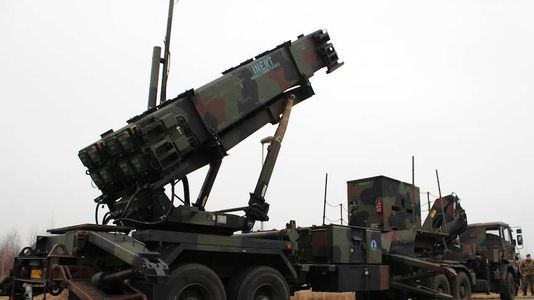Shifrinson Interviewed on US-Swedish Security Cooperation
Joshua Shifrinson, Assistant Professor of International Relations at the Frederick S. Pardee School of Global Studies at Boston University, was recently quoted in an article examining the strategic implications of Sweden’s decision to procure US-made PATRIOT surface to air missile systems.
Shifrinson was quoted in an August 16, 2018 article in the Swedish newspaper Di entitled “Patriot Strengthens Relationship With United States.“
From the (translated) text of the article:
The government’s decision has been criticized back home, but is being hailed in the US. Joshua Shifrinson, assistant professor of international relations at Boston University, says to Di that the deal is seen as a further step forward for the Swedish-American security cooperation that has been improving over the years.
“Sweden is signaling a willingness to clench even closer to the US and Nato. That is of particular importance today keeping in mind the current security concerns in the Baltic Sea region.”
Joshua Shifronson also says that the Patriot deal will improve Swedish interoperability, the ability to coordinate with partners in the region. The fact that both Germany, the Netherlands and soon perhaps also Poland have it increases the value of the system for Sweden.
“It’s a positive thing for security in the Baltic Sea region, which also is of great importance to the US”, he says.
Joshua R. Itzkowitz Shifrinson’s teaching and research interests focus on the intersection of international security and diplomatic history, particularly the rise and fall of great powers and the origins of grand strategy. He has special expertise in great power politics since 1945 and U.S. engagement in Europe and Asia. Shifrinson’s first book, Rising Titans, Falling Giants: How Great Powers Exploit Power Shifts (Cornell University Press, 2018) builds on extensive archival research focused on U.S. and Soviet foreign policy after 1945 to explain why some rising states challenge and prey upon declining great powers, while others seek to support and cooperate with declining states.
